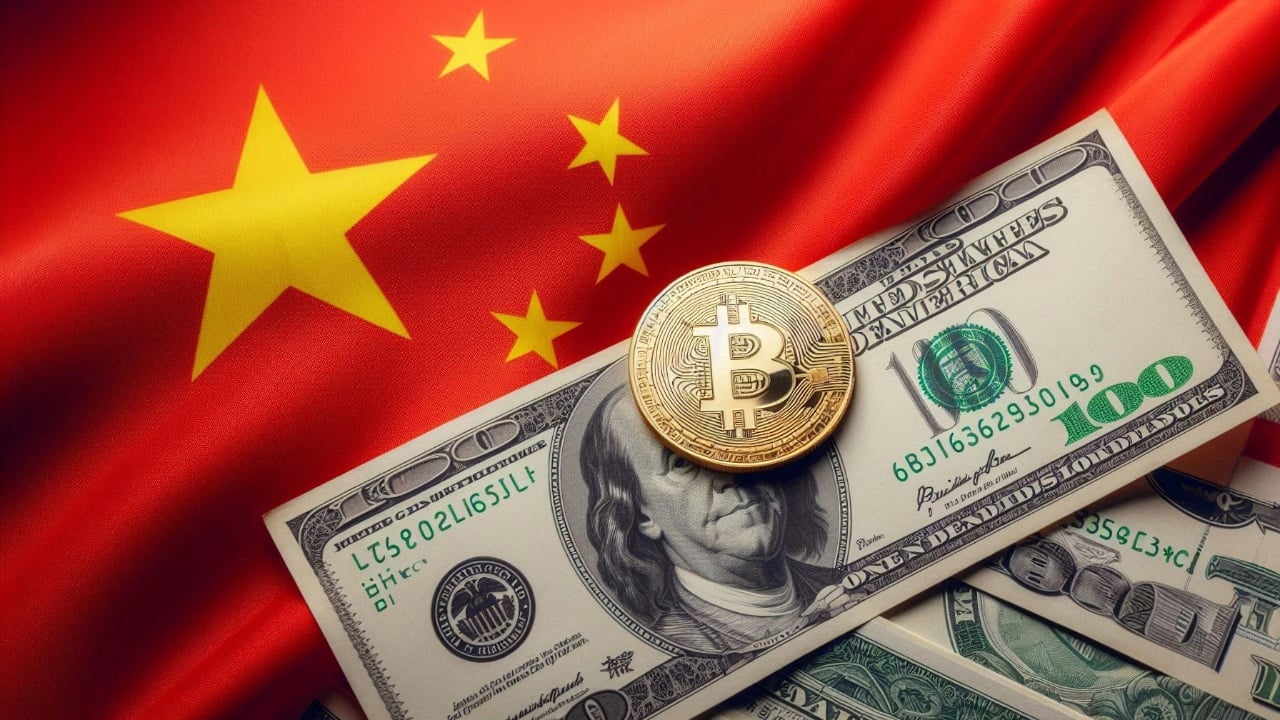China is intensifying its stringent regulations on cryptocurrencies. The country’s central bank has implemented new rules requiring banks to monitor suspicious cryptocurrency transactions. This move aims to maintain financial stability and prevent activities such as money laundering.
New Obligations for Banks
The People’s Bank of China has issued new obligations for banks, mandating them to detect and report suspicious cryptocurrency transactions. This includes close monitoring of forex transactions, activities on online platforms, and cryptocurrency transfers. When risky transactions are identified, banks will examine the user’s identity and financial history.

The newly implemented rules aim to reduce financial risks. However, the detailed surveillance of users’ financial activities raises concerns about restrictions on individual freedoms. Banks may blacklist users deemed suspicious, potentially leading to negative impacts on both financial and social aspects of individuals.
Liu Zhengyao, a lawyer from ZhiHeng Law Firm, stated that these regulations are part of a broader crackdown. In a statement via the social media platform WeChat, Zhengyao noted, “These rules may signal even stricter regulations ahead. China’s regulatory stance on cryptocurrencies is becoming increasingly severe.”
The Role of Hong Kong in Cryptocurrency
Despite its firm stance against cryptocurrencies, China’s government does not appear completely opposed to blockchain technology. China has praised Hong Kong’s leadership in the cryptocurrency sector, acknowledging the importance of this technology for modern finance.
Experts suggest that this approach reveals China’s complex attitude towards cryptocurrencies. Support for blockchain technology indicates a departure from a strictly prohibitionist stance.
Nevertheless, the impact of China’s stringent regulations is felt in the cryptocurrency market. China continues to be a significant player, capable of causing fluctuations in both local and international financial markets. The future will reveal how innovations in blockchain technology can adapt to these strict regulations. However, one fact remains: China’s cryptocurrency regulations will continue to shape the industry’s future.









